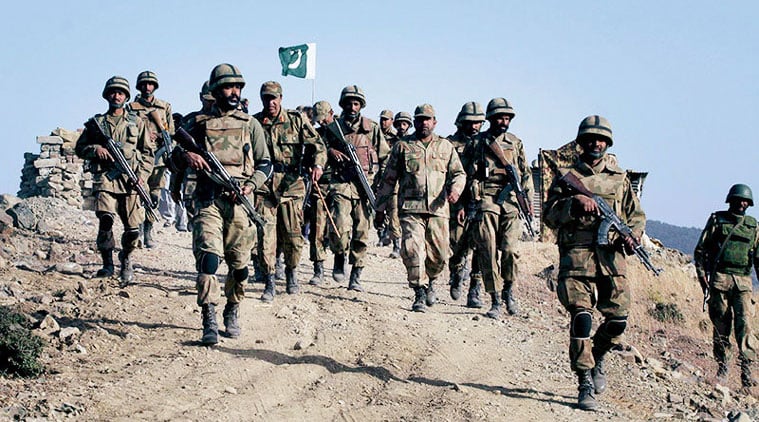
ISLAMABAD: The top civil and military leadership was unanimous on Wednesday that eradication of terrorism is imperative for the country’s survival. “[They] resolved that eradication of the menace of terrorism was neither a choice nor an option, but imperative for our existence and survival,” reads a statement issued after a meeting convened to review implementation of the National Action Plan (NAP) against terrorism.
Prime Minister Nawaz Sharif chaired the meeting where attendees included his top aides Interior Minister Chaudhry Nisar, Finance Minister Ishaq Dar, army chief Gen Raheel Sharif, Foreign Affairs Adviser Sartaj Aziz, ISI chief Lt Gen Rizwan Akhtar and other senior officials.
National Security Adviser Lt Gen (retd) Nasser Janjua, who is also the convener of NAP Implementation and Review Committee, gave a presentation detailing implementation status of various components of the 20-point action plan against terrorism.
Officially, details of the presentation were not shared with the media. Sources, however, told The Express Tribune that Janjua briefed the premier on eight points on which progress was either slow or nil.
The Janjua-led committee has already prioritised these points which relate to banned terror and sectarian groups, terror financing, reemergence of proscribed groups under different names, coordination between security and law enforcement agencies at the Centre and provinces, anti-terrorism laws, creation of counterterrorism forces at the provincial level and Fata reforms.
Sources said the security establishment told the premier that the recent uptick in terrorist activities in Karachi was linked to political violence. And the meeting decided to scale up action “to take care of troublemakers” in the metropolitan city and elsewhere in the country. Interior Minister Nisar later flew to Karachi on the instructions of the prime minister to review the security situation there.
Premier Nawaz was also briefed on action taken against banned terror and sectarian groups – including Tehreek-e-Taliban Pakistan, Lashkar-e-Jhangvi, TTP-Jamaatul Ahrar and Lashkar-e-Islam – in the ongoing military operation in Rajgal area of Khyber Agency’s Tirah Valley, insiders told The Express Tribune.
The prime minister expressed satisfaction on the progress in NAP implementation by various provincial and federal agencies and directed to further speed up the process.
In an indication that the government might restore the Protection of Pakistan Act (PoPA), which expired on July 15, the statement said various laws governing the anti-terrorism efforts were also reviewed and “ways and means to make these laws more effective were discussed.”
A report presented to the prime minister by the head of the Fata Reforms Committee Sartaj Aziz a day earlier also came under discussions in Wednesday’s meeting. It took the committee eight months to finalise its findings and recommendations on Fata reforms.
According to the committee’s findings, there is an overwhelming consensus on integration of Fata with Khyber-Pakhtunkhwa. It is one of the four options considered by the committee. The other three options are (1) maintaining status quo with judicial/administrative reforms; (2) creating a FATA council on the pattern of Gilgit Baltistan; and (3) creating a separate province of Fata. Aziz will hold an important press conference on Fata reforms today (Thursday).
The meeting decided that the Fata Reforms Committee report would be made public to “elicit further debate and discussion towards developing a national consensus on the committee’s recommendations.”
The NAP Implementation Committee was formed on August 15 to scale up counterterrorism drive in the aftermath of the Quetta carnage.
The committee comprises top civilian and military officials, including the interior secretary, director general of the National Counter Terrorism Authority (Nacta), DG military operations, federal and provincial secretaries, IGPs, home secretaries, additional secretary of PM Secretariat and officials of intelligence agencies.
Published in The Express Tribune, August 25th, 2016.


















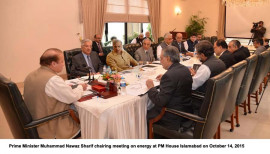
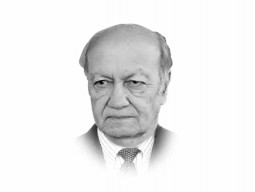



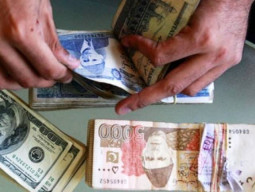

















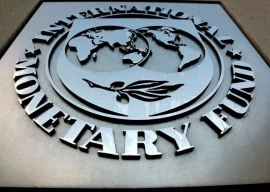


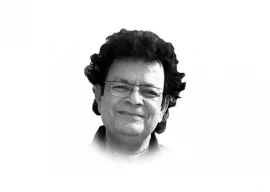



COMMENTS
Comments are moderated and generally will be posted if they are on-topic and not abusive.
For more information, please see our Comments FAQ